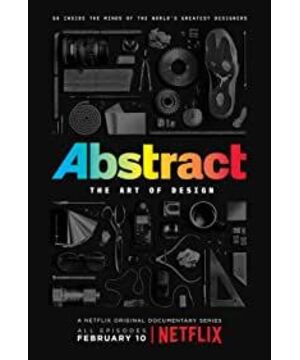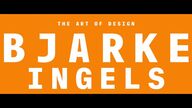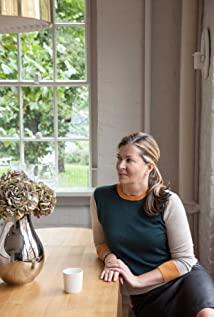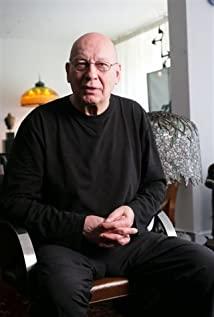I watched the first episode off and on, and just watched the second episode. I like it so much! Code words while memory is still fresh.
Illustrator Christoph Niemann's first sentence intrigued me:
I've been thinking about how we would kind of create the documentary. And in my general state of anxiety right now, I came to this question: Is this about me, or is this by me?
Because "if this film is about me, it's going to be a bit of a tug-of-war. On the one hand, you want me to reveal the secret, and on the other hand, I'm going to reveal the things that I probably don't want to reveal." But, ultimately, it's not about me.
In the middle of the film he also said: When you show the real thing, you obliterate it, in fact, you can no longer see these things from an abstract point of view. It's like... in the Peanuts anime, you never see adults, you only hear their muffled voices, perfect! Incredible! Once you zoom out and show these adults, they can be perfectly designed, perfectly written, but everything else collapses at the same time.
This is also the reason why Niman himself does not want to show too much of his real life in the film.
This concern for abstraction seems to be a very important point in his design thinking, which is actually consistent with another sentence he said at 7:04 in the film:
Every idea requires a certain amount of information, sometimes a lot, a lot of detail, a lot of realism, and sometimes really just a line, a pixel. But every idea has its definite point on this scale.
Nieman gave an example with the heart symbolizing love: the red square is the ultimate simplification, but no one understands what you want to express; it is too figurative, bloody, and it will beat, it is disgusting...
So everything points to: expressing exactly what you want to express.
Ah, the artist is so sharp, I love it!
This episode also gave me a person, an app, and a book: Heinz Edelmann, Neiman's teacher, "who did Yellow Submarine, The Beatles' movie". The app was made by Neiman, it seems to be called CHOMP , there are various interactive elements, and the copywriting for the plot is a reference to a large number of literary works, Don Quixote, Kafka, Moby Dick (the name of Moby Dick in Moby Dick), Jane Austen, Homer. In The Invention of Slowness, about a novel in which one's perceptual system is extremely sluggish, Niemann said "the best thing about my reading process is that whenever I look up, I feel the scene in the book in reality".
The architecture of the fourth episode is pretty cool, and the Tetris-style design that meets the needs of balconies, parking lots, and low prices at the same time pokes me at the beginning. Later, it can be seen from his own words that this is an important concept of his, just like the title of the film, yes is more, to solve problems that cannot be solved by stereotypes from a new perspective and meet the needs of everyone, this is Biak The beginning of innovation. I did not expect such a successful person to be criticized. His own response is very intriguing (except that criticism is unavoidable, if you read the comments under the blog every day, you will definitely feel sad, and he has already practiced another cheeky sentence): Sometimes I look at the works that have been created. There will be an illusion that everything is effortless. That's right, every stage of immersion in learning materials, every moment of inspiration, every process of cooperation and advancement, is the real confidence for people to resist criticism from the outside world.
View more about Abstract: The Art of Design reviews










